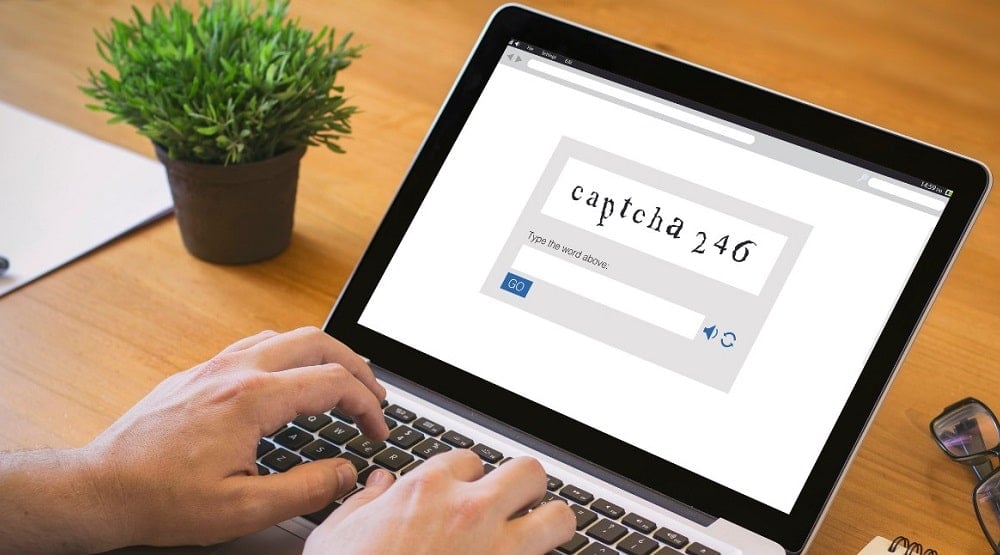
This can prevent excessive scraping without blocking legitimate users. Rate limiting: Websites can limit the number of requests that can be made from a single IP address within a given time period.This can be effective at blocking automated scraping tools, but can also be frustrating for legitimate users. Using CAPTCHAs: Websites can use CAPTCHAs to verify that a request is coming from a human and not a scraper.Blacklisting specific IP addresses: Websites can maintain a list of known scraper IP addresses and block any requests coming from those IPs.There are several ways that websites can implement IP blocks, including: This can be a major issue for web scrapers, as it can prevent them from accessing the data they need. When a website detects that a large number of requests are coming from a single IP address, it may block that IP to prevent excessive scraping.

One of the biggest challenges of web scraping is dealing with IP blocks and other forms of anti-scraping measures implemented by websites. Web scraping is a powerful tool for extracting data from websites, but it is not without its challenges.


 0 kommentar(er)
0 kommentar(er)
